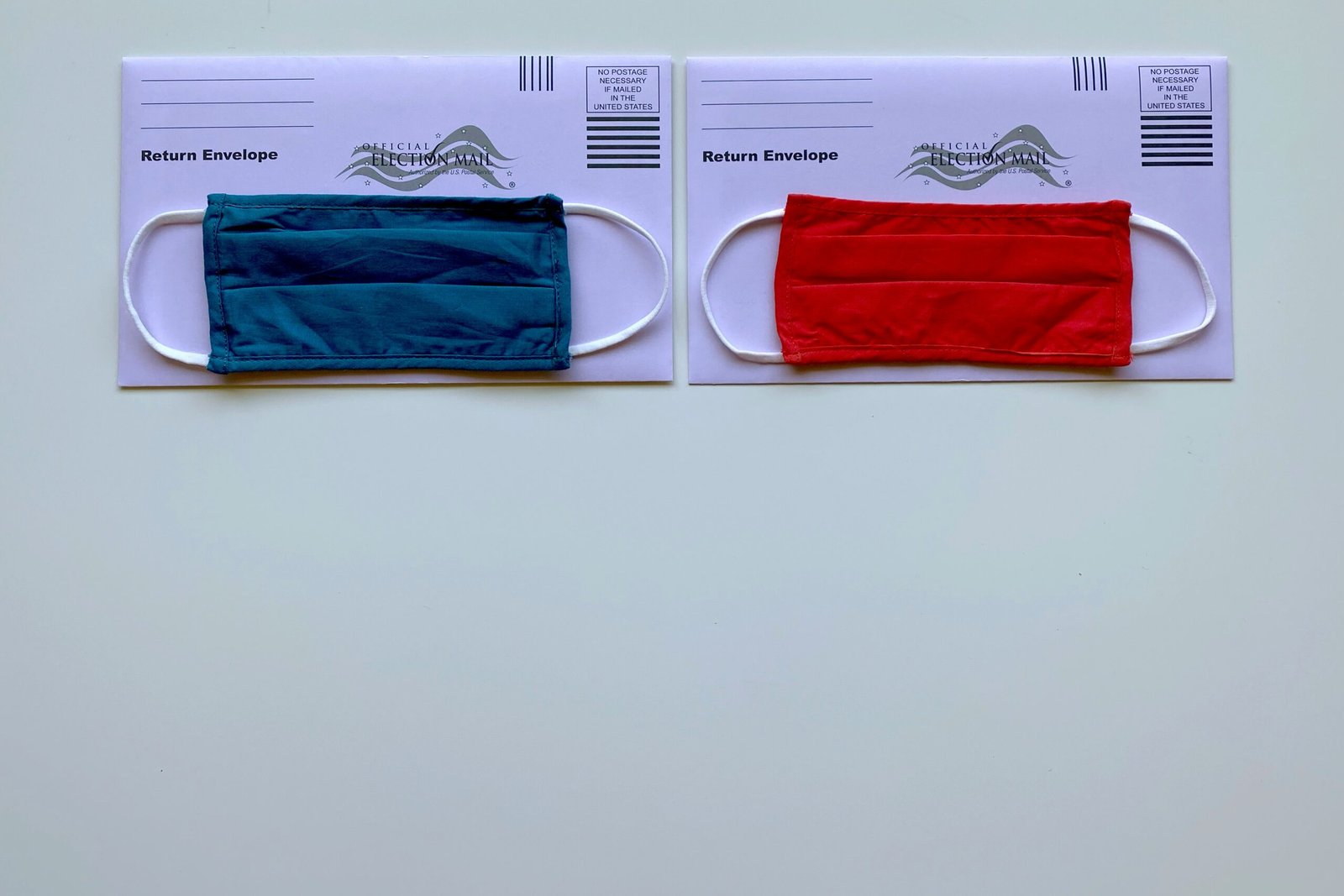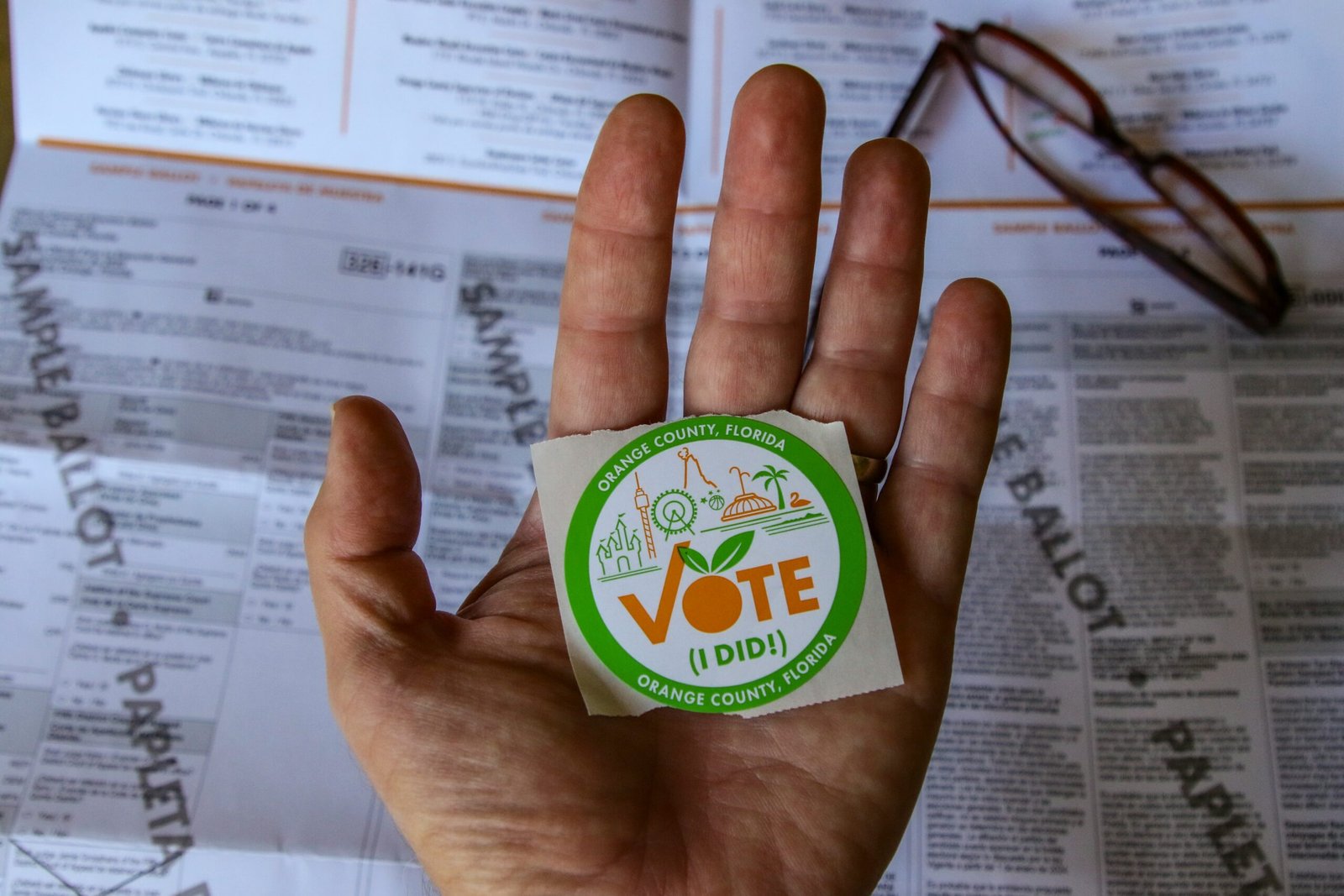Black Americans Are Expected to Vote Democrat, But What Are They Really Receiving for Their Votes?
August 25, 2024 | by kingneptune2023@gmail.com

Historical Context: The Relationship Between Black Americans and the Democratic Party
The relationship between Black Americans and the Democratic Party experienced significant transformation throughout the 20th century. Initially, the Democratic Party was not the natural political home for Black Americans, who primarily supported the Republican Party, the party of Abraham Lincoln, for its role in abolishing slavery. However, the political landscape began to shift notably during the mid-20th century, particularly during the Civil Rights Movement of the 1960s.
Key legislative milestones during this era, such as the Civil Rights Act of 1964 and the Voting Rights Act of 1965, were instrumental in reshaping the allegiance of Black voters. These landmark laws, championed by Democratic President Lyndon B. Johnson, sought to dismantle systemic racism and secure voting rights, making the Democratic Party appear as a more viable advocate for racial equality and social justice. The Democratic Party’s embrace of civil rights reforms stood in contrast to the opposing stance of many Southern Democrats, known as Dixiecrats, who eventually realigned with the Republican Party.
Additionally, influential figures like Dr. Martin Luther King Jr., who was pivotal in leading the non-violent civil rights movement, and John Lewis, renowned for his persistent advocacy and leadership within Congress, further solidified this alliance. The consequential Presidential election of 1960 also marked a turning point, with John F. Kennedy’s support for civil rights catalyzing further support from Black voters.
This bond strengthened over subsequent decades, as the Democratic Party increasingly endorsed policies and programs aimed at addressing economic inequalities, voter suppression, and continued racial injustices affecting Black communities. Despite moments of tension and critique over certain policymaking decisions, the overall historical trajectory has aligned Black American electoral behavior predominantly with the Democratic Party.
As we explore the dynamics of recent decades and current political affairs, it is essential to contextualize these contemporary issues within this rich tapestry of historical engagement and legislative progress. Understanding the origins and evolution of Black Americans’ political affiliations adds depth to the ongoing discourse about what this demographic receives in return for their continued electoral support.
Policy Contributions and Real-world Impact
The Democratic Party has historically been viewed as the champion of policies that aim to uplift marginalized communities, including Black Americans. Over the years, significant legislative actions have been introduced with the intention of closing socioeconomic gaps and promoting social justice. However, the success of these initiatives is a subject of debate, warranting a close examination.
Economic initiatives have often been foregrounded in the Democratic agenda. Programs like the Financial Services Modernization Act and the Community Reinvestment Act aimed to increase access to capital and economic opportunities in underserved communities. While these policies achieved some success in fostering minority-owned businesses and improving economic conditions in certain locales, a broader look reveals mixed results. Data from the Federal Reserve indicates that the wealth gap between Black and White families persistently remains wide, with Black households holding a median wealth of $24,100 compared to $189,100 for White households as of 2019.
On the front of social justice reforms, key initiatives such as the Crime Bill of 1994 and subsequent legislation have had a profound impact. Although intended to reduce crime rates and improve community policing, these measures have been criticized for contributing to the mass incarceration of Black individuals. The U.S. Bureau of Justice Statistics reports that Black men are currently incarcerated at a rate five times that of White men. However, more recent reforms, like the First Step Act, which aims at reducing mandatory minimum sentences and promoting rehabilitation, show a shift towards rectifying some of these systemic issues.
Healthcare policies under Democratic leadership, particularly the Affordable Care Act (ACA), have aimed at reducing disparities in access and outcomes. The ACA has notably increased insurance coverage among Black Americans, with 2.8 million gaining coverage by 2016. Yet, healthcare disparities remain, as illustrated by the heightened impact of the COVID-19 pandemic on the Black community. Data from the Centers for Disease Control and Prevention (CDC) highlights that Black Americans experienced higher hospitalization and death rates from the virus compared to their White counterparts.
Education policies also reflect the Democratic commitment to equity. Initiatives such as Title I funding and the Every Student Succeeds Act (ESSA) are designed to provide more resources to schools in low-income areas largely populated by Black students. These policies have seen varying degrees of success, with some improvement in graduation rates and academic achievement gaps. However, long-term issues such as school funding inequities and the digital divide continue to impede substantial progress.
In reviewing these policies and their real-world impacts, it becomes clear that while Democrats have indeed enacted measures aimed at benefiting Black Americans, the results have been mixed. For each successful initiative, there are still significant challenges that persist, calling for continued evaluation and adjustment of policies to meet the evolving needs of Black communities.
Voices from the Community: Diverse Perspectives
To truly understand the complex and multifaceted relationship between Black Americans and the Democratic Party, it is essential to turn to the voices within the community. A multitude of perspectives, ranging from local activists to esteemed academics, offer a comprehensive view of what is truly at stake and what is being received in return for their votes.
Dr. Janelle Brooks, a professor of political science, emphasizes the historical context of Black Americans’ alignment with the Democratic Party. “For decades, the Democratic Party has positioned itself as the defender of civil rights and social justice, issues that are deeply important to many in the Black community,” she notes. However, Brooks also stresses that there is a growing sentiment of disillusionment. “It’s not just about promises; it’s about tangible, meaningful change. Many feel that despite their loyal support, they aren’t seeing the progress that was promised.”
Community organizer Michael Turner offers a grassroots perspective, highlighting both loyalty and frustration. “We rally, we march, we vote, and yet we see our neighborhoods still struggling with the same issues: healthcare, education, economic opportunities. The Democratic Party talks a good game, but where are the results?” Turner’s frustration is palpable, mirroring a sentiment felt by many who are pushing for a stronger, more consistent follow-through on campaign promises.
However, not all voices express dissatisfaction. Vanessa Caldwell, a young voter and community activist, remains optimistic. “Progress may be slow, but I believe that we are moving in the right direction. The Democratic Party has made significant strides, particularly in areas like criminal justice reform and healthcare. The key is to stay engaged and hold our representatives accountable.”
These varied perspectives underscore the diverse expectations that Black Americans have from their political representatives. While some express frustration over unmet promises, others remain hopeful about future progress. It is this rich tapestry of voices that continues to shape the political landscape and drives the ongoing dialogue about what Black Americans are truly receiving in return for their unwavering support.
The Path Forward: What Needs to Change?
As Black Americans continue to demonstrate their unwavering support for the Democratic Party, it is critical to examine tangible steps that can be taken to better represent their interests. Political analysts and community leaders have proposed several recommendations and reforms aimed at bridging the gap between voter support and policy outcomes.
Firstly, enhanced political engagement is paramount. Black communities must foster a robust culture of political participation that extends beyond voting. This involves nurturing grassroots activism, community organizing, and fostering dialogues between elected officials and constituents. By actively engaging in the political process, Black Americans can hold their representatives accountable and ensure that their voices are heard.
Moreover, voter education is essential in empowering communities with the knowledge to make informed decisions. Initiatives that provide education on civic responsibilities, the electoral process, and the significance of local elections can significantly amplify the impact of Black voters. By understanding how policies and elected officials directly affect their daily lives, Black Americans can more effectively advocate for their needs.
Another pivotal change lies in promoting leadership diversity within the Democratic Party. By elevating more Black leaders to prominent political positions, the party can better reflect the demographics of its voter base. This involves not only supporting Black candidates but also nurturing young leaders through mentorship and training programs to ensure a pipeline of qualified candidates.
Structural reforms within the party are also necessary. This includes reassessing policy priorities to ensure they address systemic issues faced by Black communities, such as economic inequality, criminal justice reform, and healthcare disparities. By adopting a data-driven approach and collaborating with community organizations, the Democratic Party can create policies that directly tackle these challenges.
Lastly, fostering a culture of accountability is crucial. Continuous evaluation of policy impacts and transparent communication with constituents can build trust and ensure that promised changes materialize. In this way, Black voters can see the direct correlation between their electoral support and policy advancements.
By implementing these strategies, there is hope for a future where the votes of Black Americans translate into meaningful and substantive policy changes that effectively address their needs and aspirations.
RELATED POSTS
View all


